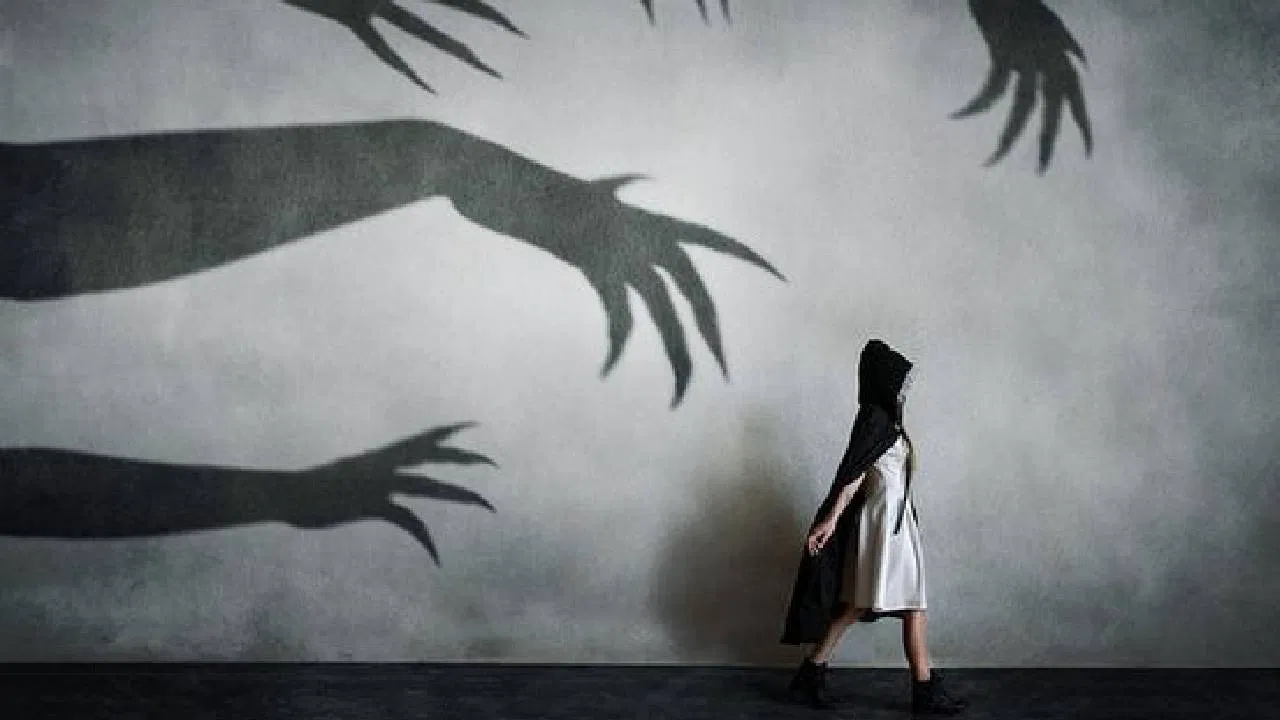The Science Behind Fear: How Your Brain Reacts When You're Afraid
- bypari rathore
- 03 August, 2025

The Science Behind Fear: How Does Your Brain React When You're Afraid?

Fear is a primal emotion—one that has helped humans survive for millennia. But what exactly happens in the brain when you're afraid? Why do some people freeze, others flee, and some even laugh during scary moments? Let’s uncover the fascinating neuroscience behind fear.
1. The Amygdala: Fear's Command Center
The amygdala, a small almond-shaped cluster of nuclei deep in your brain, plays a central role in detecting threats. When it senses danger—real or perceived—it rapidly sends signals to activate your body’s defense systems.
2. The Fight-or-Flight Response
Once the amygdala signals a threat, the hypothalamus takes charge, triggering the release of adrenaline. This is what we know as the fight-or-flight response: heart rate increases, pupils dilate, breathing quickens, and muscles tense—all preparing your body to react.
3. Why Do People React Differently to Fear?
Not everyone reacts to fear the same way. Some might scream, freeze, or run. Others may laugh or smile, which is often a coping mechanism—a way for the brain to reduce internal tension or confusion in a socially acceptable way.
4. The Role of the Prefrontal Cortex
While the amygdala reacts quickly and emotionally, the prefrontal cortex helps assess whether the threat is real. It kicks in slightly later and helps regulate the emotional response—especially when fear isn’t justified, like watching a horror movie.
5. Why Some People Enjoy Fear
Thrill-seekers and horror lovers may experience a dopamine rush alongside fear. Their brains interpret scary experiences as exciting rather than threatening, offering a controlled dose of fear with the safety of knowing it’s not real.
Conclusion
Fear is not just an emotion—it’s a complex biological and psychological response designed to keep us safe. From the amygdala's rapid alerts to the prefrontal cortex’s reasoning, your brain is wired to handle fear in remarkable ways. Understanding this can help us manage our reactions—and even enjoy fear in the right context.
Note: Content and images are for informational use only. For any concerns, contact us at info@rajasthaninews.com.
"हाईकोर्ट ने प्राइव...
Related Post
Recent News
Daily Newsletter
Get all the top stories from Blogs to keep track.





_1768628512.jpg)





